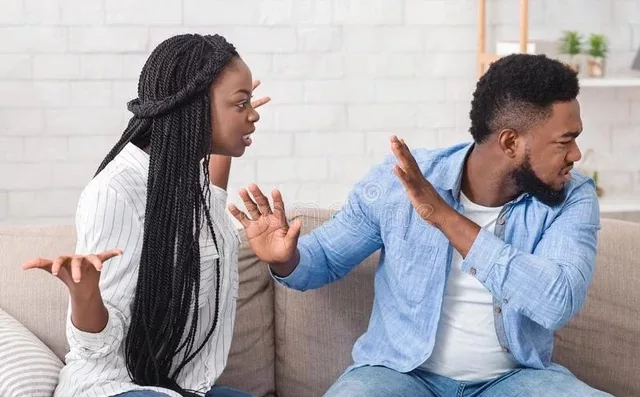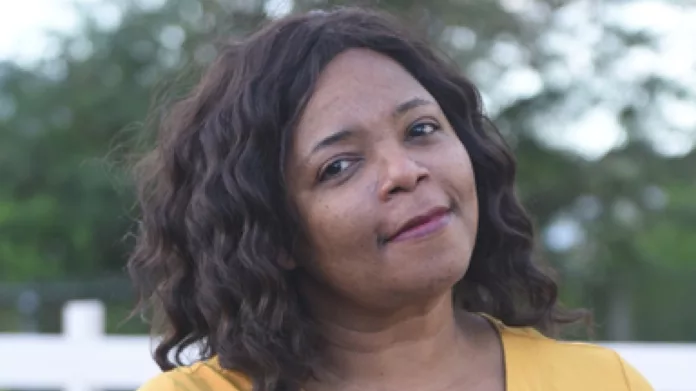Dear Koren,
I read your response to last week’s question and thought that we’ve missed an opportunity to educate people on the red flags of abusive relationships. The thought process of the individual who asked the question about stopping his girlfriend from ‘flirting for tips’ shows signs of insecurity, irrational accusations, and intent to coerce, manipulate and control. I am quite disappointed that this did not include a footnote explaining these flags, and how to get advice to leave such relationships, because often abusive behaviour is fuelled by a mindset that is unlikely to change. It doesn’t start with a slap in the face; it starts here. Please help educate people in the moment.
G

Dear G,
Thanks for your email. You are correct, I could have used the opportunity to explore this issue from a broader angle and in so doing reach more persons, especially those who need to be mindful of manipulative behaviour in partners. However, I tend to focus only on the question asked and provide a meaningful and practical response to the writer.
He submitted his question and shared his concerns about his girlfriend flirting with tourists at the hotel for more tips and he wondered if he should threaten to leave her or what to do to get her to stop. Many readers would find his attitude inappropriate as she is an adult with rights and it is not his duty or role to control her.
However, if I used his question to bash him or start speaking to the other person in the relationship (who incidentally did not write in), how could I help him, educate him, show him a better way or guide him?
He deserved a safe space to share his feelings and, from a human rights perspective, he deserves a fair chance to have a mirror held up to him so he could see his behaviour for what it truly is. In another forum, I can address the other side of the coin, which I shall do today.
Here are some red flags that we can look out for, that would tell us either we need to pay attention to this situation, be alert, or in some extreme cases end the relationship immediately.
- A partner demanding to know where you are or who you are with all of the time.
- A partner who feels like he or she must have 24/7 access to your phone and your conversations. Someone who does not respect your privacy.
- Someone who tries to isolate you from your friends or loved ones, especially when that person tells you that he alone truly cares and knows what’s best for you.
- Someone who gets angry very easily with family, other drivers on the road, employers etc and ends up hitting walls or throwing and breaking things.
- Someone who threatens suicide if you speak about ending the relationship.
- Someone who gets angry or physical with you and then blames you for making them angry.
- Someone who you cannot feel comfortable being yourself around because you are afraid he or she will explode if there is a disagreement.
- Someone who forces you to be intimate when you don’t want to.
While we are aware that gender-based violence can happen to anyone, statistics have shown that women are much more at risk.
It is therefore important that we educate our boys and girls, young men and young women to identify signs of abuse and manipulation, and to learn healthy ways to cope with emotions such as anger.
We need to drive home the fact that we do not own people and understand that room in someone’s life is not an invitation to take over the reins of their life.
Control is not love. We also need to normalise having these conversations in our schools, churches, parliaments and ensure that our polices and laws support equality and the elimination of gender-based violence. In another conversation, we will speak about fathers and sons.
So G, thanks for pointing out what could have been done differently. Your concern for your fellow humanity is a good thing, and I hope in the spaces you find yourself you can seek to educate and empower any person or group who could be abused, disadvantaged or manipulated.
We are all our sisters’ and brothers’ keeper!
Send your questions and comments to [email protected]. Your confidentiality is assured.

